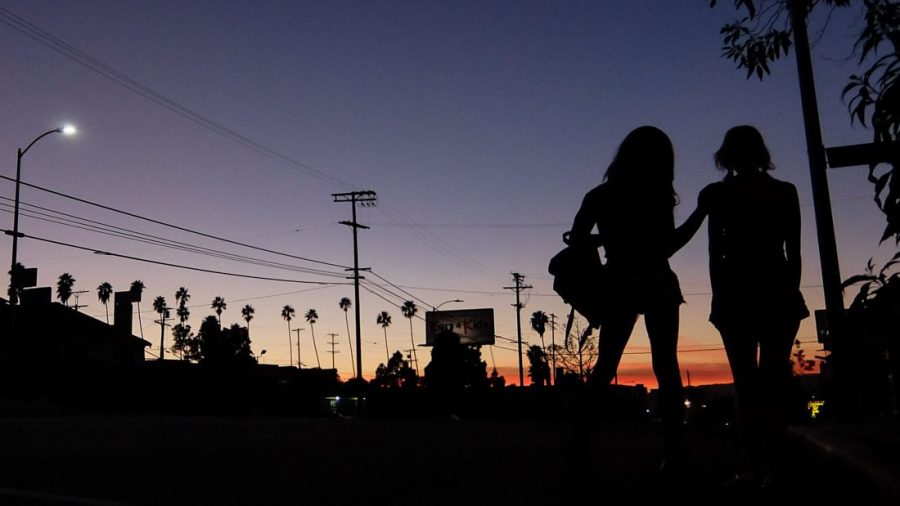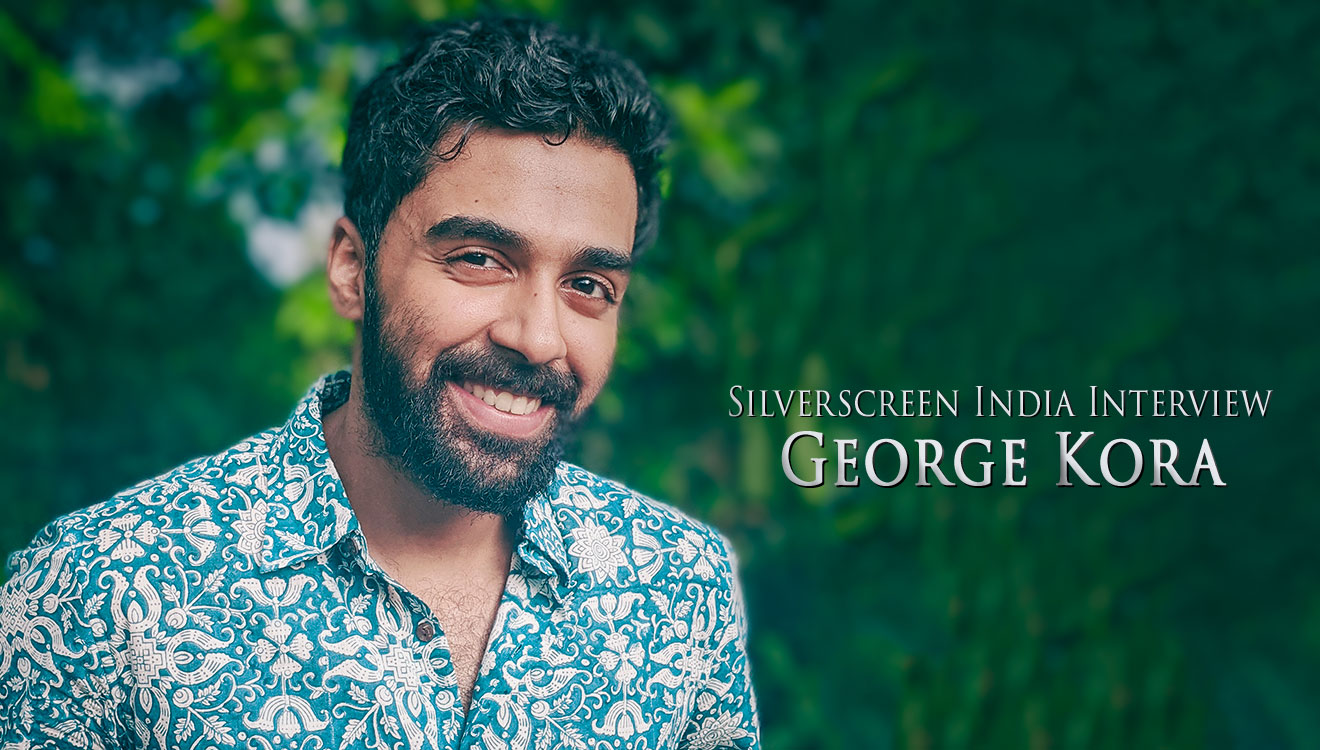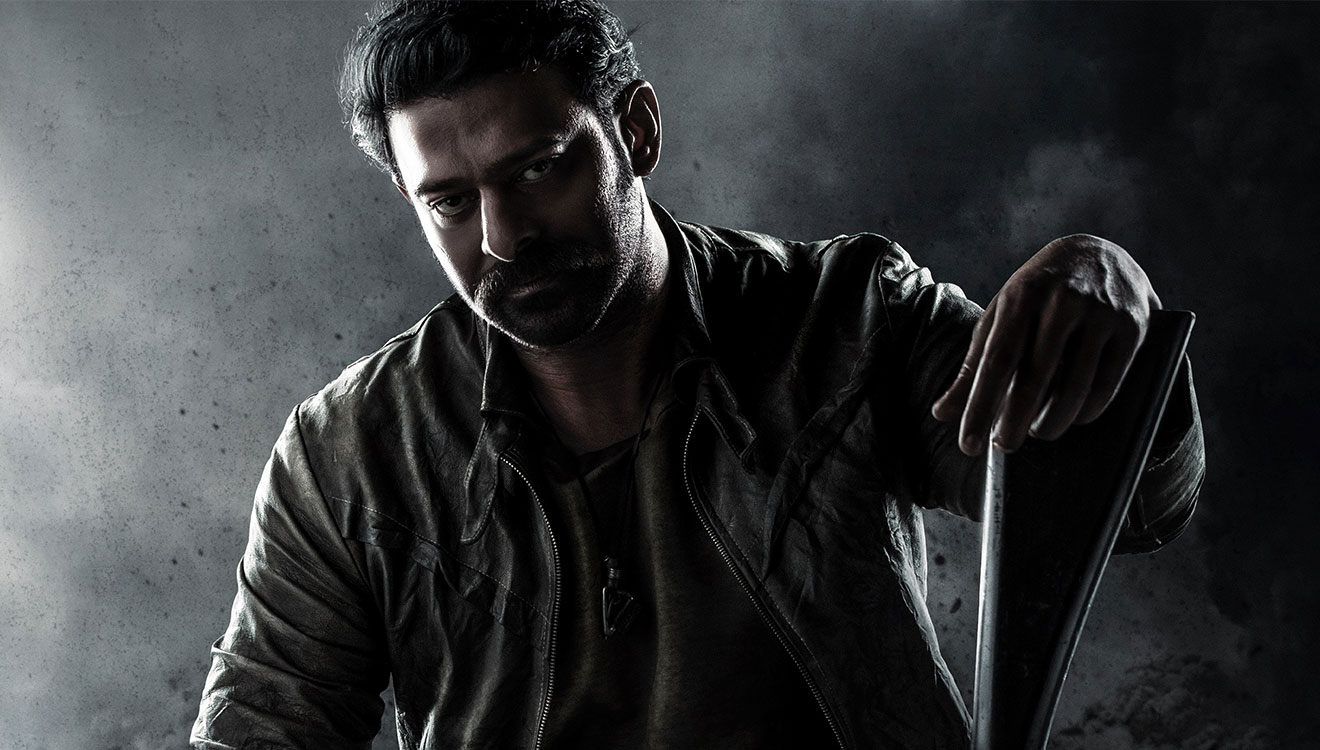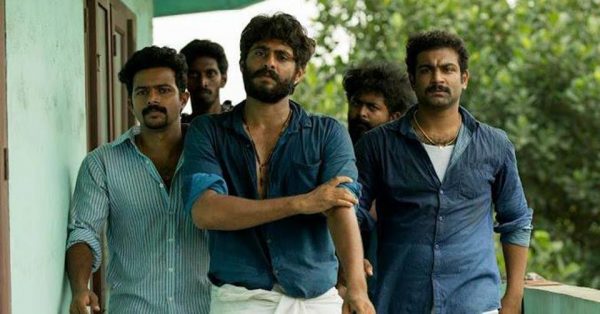Updated
The 8th edition of the Bangalore Queer Film Festival (BQFF) 2016 begins tomorrow (February 25), with a wide range of films from countries around the world, on themes related to lesbian, gay, bisexual, transgender, intersex and other communities that fall outside the heterosexual norm. Partnering with the Goethe-Institut/Max Mueller Bhavan and the Alliance Française de Bangalore, the four-day festival will end on February 28. Screenings include award-winning films like Xavier Dolan’s Laurence Anyways, and Catherine Corsini’s La Belle Saison, as well as curated packages from Filmfest Dresden and the Berlinale Queer Selection. The complete schedule for BQFF 2016 can be found here. All screenings are free and open to the public.
Highlights: Seventh Heaven, Bambi, I Kissed A Girl, Tangerine, Odum Raja Aadum Rani, Sundar, Memories of a Machine, Qissa, Stark Electric Jesus, Oriented, and Laurence Anyways.
*****
In addition to a mix of films from non-Western locations, independent filmmakers, and popular cinema, the festival will also showcase queer cultural performances, photo exhibitions, art exhibitions, book launches and poetry readings. Many of the filmmakers, curators and artists will also be present, including Thomas Waugh, Biju Verma, Rohan Kanawade, Shailaja Padindala, Mani Shankar Iyer, Moses Tulasi, Shankha Malwaththa, Mujhir Pasha, Akhil Sathyan, and Shobhna S Kumar.
With over 200 entries, this year the festival has a number of South Indian films, including two feature films – the Malayalam film Odum Raja Aadum Rani, directed by Viju Varma and the National Award winning Kannada film Naanu Avanalla Avalu inspired by the life of activist Living Smile Vidya. The feature length Tamil film Magizhvan, directed by Mani Shankar Iyer, and two South Indian documentaries, Walking the Walk by Moses Tulasi, about the pride march in Hyderabad and That’s My Boy by Akhil Sathyan about Bangalore-based transman Sonu, will also be screened.
*****
We catch up with one of the organisers, Nitya Vasudevan, for a provocative conversation about the kind of space BQFF 2016 sets out to be.
What was the criteria for selecting films?
Being a disparate bunch, we had several criteria. Firstly, we wanted to choose films that represented a diverse range of experiences. We wanted films about being trans, disability issues, and from different political stances. Essentially, films that link queerness to other kinds of politics. Another factor for us was encouraging independent filmmaking, particularly filmmakers from India. Not just India, we wanted films from the non-Northern hemisphere broadly, like films from Sri Lanka, East Asia, Pakistan. During the actual preview, we tried to include films that push the understanding of queerness. We rejected films that had a narrow understanding of LGBT politics
What do you mean by a ‘narrow understanding’? How do you define queerness?
Well, the definition of queer keeps changing. It’s not something you can anticipate. For example, last year we had a film where a man sneaks into this cargo container bay, because he wants to sniff the air from the tyres. Just for that. For us that was queer. The idea of desire being queer is as important as queer as an identity. Films like that constantly push the boundary of what queerness is. We want to be representative, and we try to balance that with films with an idea of queerness that is funny, unpredictable, strange, or just difficult to understand.
Films at festivals are often viewed as boring or preachy. What is your take on that?
A film festival is simultaneously many things. It would be a grave mistake to think of BQFF as a ‘serious’ festival which just shows one point of view. BQFF is doing at least ten things at any one time. We will be screening films for a huge audience, films that are intensely loved, hated and discussed. Any festival you go to, you get absorbed – through the films, the stories, the many ways of visualising the world. You put aside your work for the day and all you’re carrying is a film festival brochure and a bag. In between food breaks, you decide what you’ll watch and what you’ll skip. Sometimes you choose a conversation with a friend over a film, sometimes you choose the film over the conversation.
Through documentaries, features, short films, experimental films, animated films, you experience a range of different things. This film festival also does things like offering a space for queer performers: poets, artists, and photographers, people whose work you wouldn’t see otherwise. It’s also a huge space to meet people, hang out, flirt, and much more.
Some filmmakers who are trying to make it into the mainstream, strive to distance themselves from the ‘festival’ label. Mainstream films, in contrast, are seen as about entertainment and pleasure.
There is no art vs popular distinction in our festival. We will put a mainstream Malayalam film right next to an experimental film. We don’t prejudge our audience. We feel that our audience has the capability and desire to watch anything that is interesting and can speak to them in some way. That’s the logic of our schedule.
The real issue is language. Because not all films are by Indians, even with subtitles, it’s not the same kind of experience for non-English audiences. We consciously try to make it as accessible to Indians as possible. We try to be open to as wide range an audience as possible. Students, film lovers, anyone from the general public who walk off the road and get into the festival, different kinds of communities. This is not always easy and doesn’t always happen. Over the years, we have had many students come in and watch. We would love to have more diversity across class. It’s something we’re always trying for but isn’t easy.
 If you were laying a roadmap of must-watch films over the next four days, what would you pick?
If you were laying a roadmap of must-watch films over the next four days, what would you pick?
We’ve been very lucky to get some fantastic films this year. There were more than 200 submissions, and we had to make some really tough calls on what to give up on because of time. For instance, we couldn’t include the Iranian film Risk of Acid Rain [screened at the Jio MAMI 2015], a film that moves slowly, but keeps hinting at things, keeps drawing you in. We have some fantastic French feature-length films which will be screened at the Alliance – Seventh Heaven, Bambi, I Kissed A Girl, to name a few. We’ve collaborated with BIIFes (Bangalore International Film Festival) to screen Tangerine, and we have really excellent films from the Berlinale and Dresden short film section.
Absolutely must-watch the Thomas Waugh curated program on Thursday evening (Sex in the 80s) and Saturday afternoon (Loss). ‘Sex in the 80s’ is a very carefully put together set of archival films on the politics, pleasure and danger of getting off in the 80s. ‘Loss’ brings together three breakup stories from the 1960s and 1990s. Guaranteed tear-jerkers. Thomas Waugh will be at the venue to talk about the films.
Other than that, I would recommend Seventh Heaven, Bambi, I Kissed A Girl, Tangerine, the Malayalam film Odum Raja Adum Rani, the Dresden and Berlinale short films, Sundar, Memories of a Machine, Qissa, Stark Electric Jesus, Oriented, and Laurence Anyways. That’s just a personal preference. Each organiser had their own favourites of course.
A queer film festival at a time when the political climate seems to be highly intolerant towards dissent. Every cultural event today, including the Jaipur Literature Festival, had to ask themselves where they stand. What about BQFF?
Recommended
This is very complicated. In public discussions, there has been some linking of LGBT people and issues as being against the nation. That’s complicated at several levels. One thing the festival definitely wants to do is acknowledge Rothith Vemula, the work done by Soni Sori and what happened to her, the mass assault of Kashmiri women in Kunan Pushpora, the hundreds of activists working on these issues. As organisers, we want to participate in the broader discussion on what is acceptable and not acceptable as dissent. This is definitely a tribute to people who have refused to stay silent, refused to conform to the status quo and accept the world the way it is, and lived in a way that ultimately becomes unbearable. People like Priya Thangarajah [a queer activist who fought for refugee rights in Sri Lanka], people like Deepu, and several trans activists like Pravallika. We see ourselves aligned in how they questioned a certain status quo, lived against the status quo, and had to pay a certain price for it. There are these extraordinary lives that are affected by existing norms and systems of living.
*****



